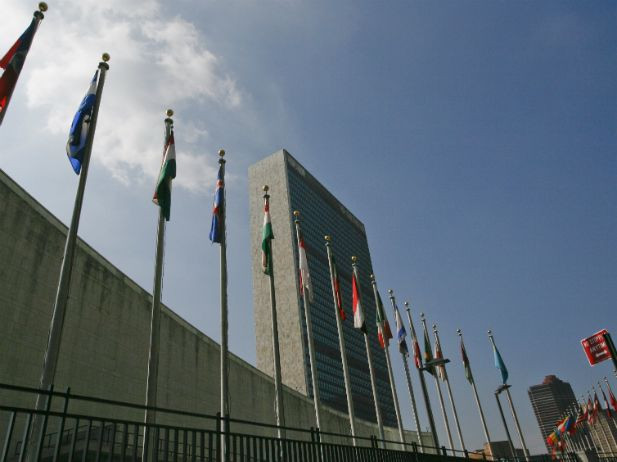UN Concerned By Nuclear Materials, With More Than 100 Reported Losses Or Thefts Annually, Falling Into The Wrong Hands

Nuclear and radioactive materials are still going missing on a regular basis, with up to 150 to 200 incidents reported annually, International Atomic Energy Agency (IAEA) officials said Friday.
The agency warned that highly enriched uranium, plutonium or others types of radioactive sources could fall into the hands of terrorist groups, who could then use those materials to create crude nuclear devices or dirty bombs.
Khammar Mrabit, director of the U.N.’s International Atomic Energy Agency, said there had been significant progress in recent years in preventing those scenarios, but he said more needs to be done.
"You have to improve continuously because also on the other side, the bad guys, they are trying to find ways how to evade such detection," Mrabit said.
"The threat is global because these people operate without borders," he said on Thursday before an IAEA-hosted meeting of more than 100 countries in Vienna, where information and reporting procedures for theft, sabotage, unauthorized access and illegal transfers were discussed.
One of the biggest fears is the use of dirty bombs. Only two years ago Moldavian police discovered highly enriched uranium inside a shielded container that was being smuggled through the country by a gang.
Since the end of the Cold War and the collapse of the Soviet Union in the 1990s, keeping track of these kinds of materials has been difficult. While recent losses and thefts equate to only grams and the not kilograms required for a bomb, it would only take enriched plutonium the size of an apple to kill hundreds of thousands of people in highly populated areas, according to the Nuclear Security Governance Experts Group.
© Copyright IBTimes 2025. All rights reserved.






















